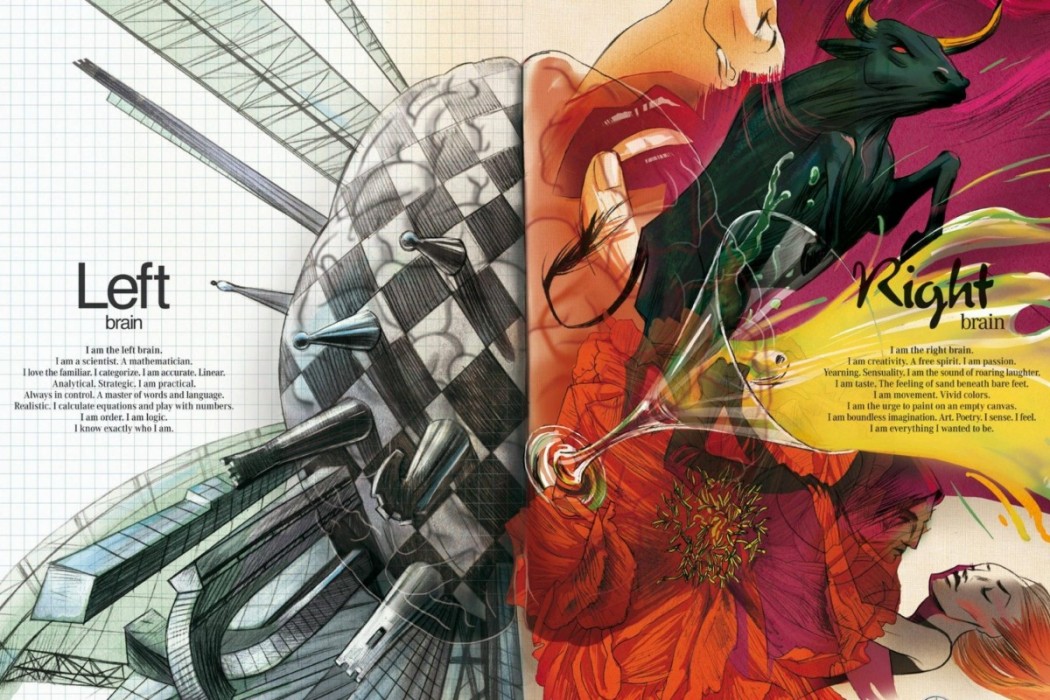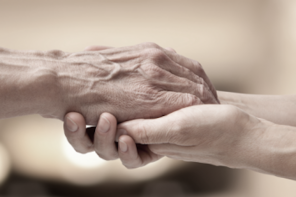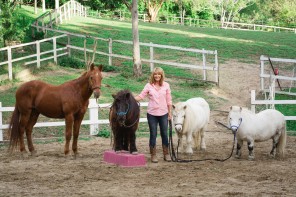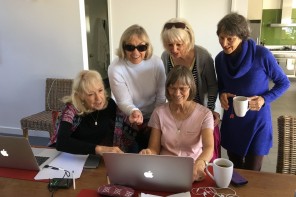By Candida Baker
What exactly is creativity? As a writer it’s something I often think about, particularly, of course, when the creative muse has gone missing, and I’m in urgent need of her – which is usually whenever a deadline is looming.
I think that most of us, if we were asked, would describe creativity as a process whereby new ideas or concepts are generated. The professions that would most likely spring to mind would be the arts, and perhaps most specifically that of an artist.
One of the things I love about the feeling of creativity is that what Eckhart Tolle describes as the thoughtless presence in which you are much more awake than when you are engrossed in thinking.
In the early state of any creative project it’s that state of being which requires nurturing, and it can often seem strange to those looking on, because this is the doodling time, the staring into space time, the appearing to do nothing time. Even when you’re in that space and know you need to be there, it can be hard to accept. In other words, it’s the time that doesn’t look like work, but it is, and it’s fundamental to creativity, because without pondering on your idea fully enough the execution cannot follow through.
And that of course, is the hard part, or the next hard part, because despite what anybody says, creativity is not easy, or perhaps I should say – rarely easy. Once the first daydream phase is over then the paint must be applied, the words must be written, the project schemed.
In other words, as simple as it seems, you can’t be something, unless you do it. The concept of creativity is complex, partly because unlike results-based maths and sciences, there’s no absolute yardstick to measure anything by. It’s not that mathematics and sciences are not creative, take Einstein and Leonardo da Vinci as two examples of highly creative logical thinkers, but creativity itself is not reducible to an equation, even though it’s been studied from almost every possible perspective.
One thing researchers do agree on is that creativity involves more activity from the right-side of the brain, the side of the brain responsible for emotion, ideas and conceptual thought, so that any activity we can do that is conducive to producing that deep profound state of relaxation where creativity can make its presence felt is helpful. Walking, meditation, time alone in nature, swimming – even the quiet insomniac hours of the night when you are awake and the world sleeps, are all ways to contact the muse.
Carl Jung, definitely a right and left-brainer, who understood the need to balance both, once said: “The creation of something new is not accomplished by the intellect but by the play instinct acting from inner necessity. The creative mind plays with the objects it loves.”
I remember once interviewing playwright Michael Gow, after the success of his play Away, and he told me that everyday he swam laps to create the next bit of the script. He would swim up and down the pool, plotting and planning, until he was ready to go home and write down the day’s work.
For me creativity is in equal parts inspiration, perspiration, frustration – and reward. When I imagine a book, fictional or otherwise – I can see it in its entirety, completely finished and on the bookshelves. That brief illumination is followed by the disheartening reality that it’s going to take some time, years even, before the idea becomes manifest.
To give you some idea of the length of time involved in a creative project – I thought up the idea for my novel, The Hidden, after I had been to the UK to visit family in 1994. It took me five years to write the novel, and it was published a full year after I wrote it in 2000. Twelve years later we are still trying to write and produce a film from the film, which was optioned immediately by producers who felt it would translate well to the screen.
When I do finally manage to produce the creative work, then there’s the reward of a project well done, of the sense of connecting out into a wider universe – and the constant quest for the next creative idea. It’s a strange and not entirely peaceful way to live, when you think about it! Although a recent British Management Institute research paper discovered recently that if stressed out executives were given art classes, they were as relaxed afterwards as if they had gone on holiday. I wonder though, if ‘being creative’ still has that effect if it’s what you do for a living?
Maya Angelou described the importance of discipline to the muse when she wrote: “What I try to do is write. I may write for two weeks ‘the cat sat on the mat, that is that, not a rat.’ And it might be just the most boring and awful stuff. But I try. When I’m writing, I write. And then it’s as if the muse if convinced that I’m serious and says, ‘Okay. Okay. I’ll come.’”
Children seem to understand the creative state intuitively. They don’t have to fight to be in it or search for it, it just happens – perhaps because it’s not results-based so there is no anxiety about the final product, whether it’s drawing patterns in the sand, or pictures on paper, or words in a story – it takes a while before the unpleasant realisation dawns that other people can judge you or comment on what you do, or mark you, or misunderstand you.
When I’ve taught writing or creativity workshops one of the most frequent blockages people have expressed is exactly that reluctance to be judged. They may have only written a few pages, but they’ll say: “What if people don’t like it? What if I can’t find a publisher?” They might want to write, paint, play music, dance, sing or do craft, but even before they try they are sabotaging themselves with the idea that ‘people’ will review, criticize, analyse and judge them. But if there’s anything certain about creativity it is that it is an uniquely individual experience, it belongs to you, and you alone, and it has no need to be shared with the world before it’s ready!
So it’s a question of nurturing creativity in order to become more creative, of being disciplined and relaxed, having the courage to come forward, and knowing when to stay quiet and removed from life, of not inviting criticism but knowing when to withstand it when your creative baby goes out into the world, and most importantly continuing to nurture it once it is out in the world.
Nothing to it really…now where’s that novel?





